The Unist’ot’en Clan of the Wet’suwet’en Nation have been defending their traditional territories from Pipelines for nearly a decade and the fight is not over.
Indigenous Women on the Front Lines Speak
The Unist’ot’en Clan of the Wet’suwet’en Nation have been defending their traditional territories from Pipelines for nearly a decade and the fight is not over.
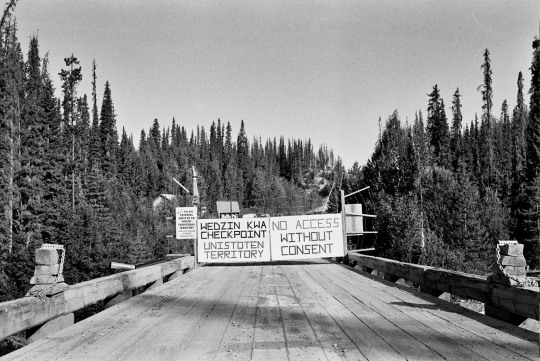
Some time has passed dear lovelies since we last shared an update. Wulf flies East to join beyon in Mass. in a week to begin a whirlwind 6 weeks making the long awaited book, Voices: Indigenous Women on the Front Lines Speak. It’s been nearly a year and a half journey so far and there are many more days to come.
Let us set aside the catch up for now and go to where this project began and a place we return to. For now we want to talk about the place where one Wulfgang and one beyon became friends just over 2 years ago. We’d like to talk about the Unist’ot’en Clan, their territory Talbits Kwa and the work of Freda and her family.
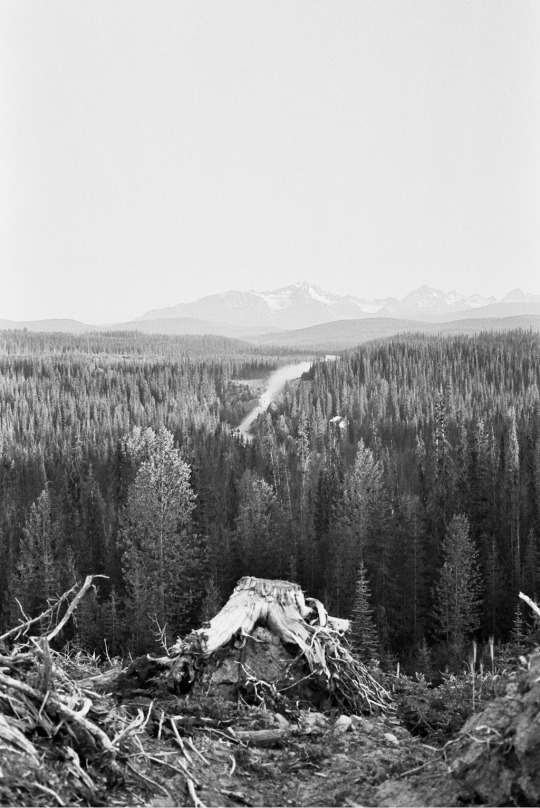
Eight years ago Freda Huson, spokeswoman for her family, the Hereditary Leadership of the Unist’ot’en Clan of the
Wet’suwet’en Nation, moved back onto her traditional territories to live full time. The Wet’suwet’en of her generation
were voicing growing concerns to their elders, concerns regarding the rapid destruction of their territories and the unceasing devastations of colonialism upon their families. Following the direction of her father, Elders and the voices of her generation Freda set out to defend the Unist’ot’en Yintah, Talbits Kwa, from the emerging threat of pipelines.
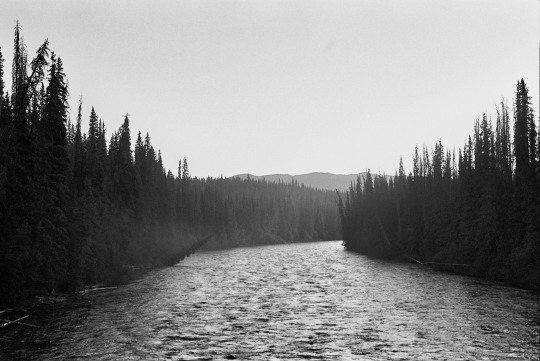
Many have heard of the Unist’ot’en Camp; a site of resistance, of asserting Indigenous Sovereignty, of defeating pipelines, turning away the RCMP and defying colonial aspirations.
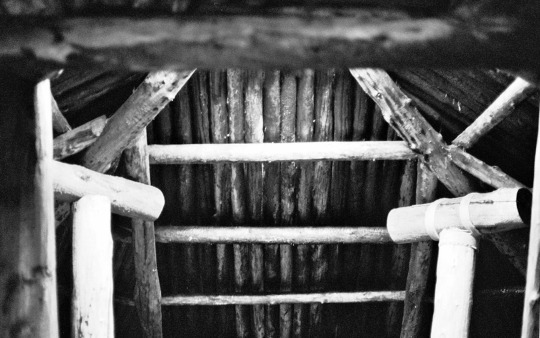
What the Unist’ot’en yintah Talbits Kwah also is, is Freda’s home. Freda and the matriarchs of her family have created a place within their territory where people can come from all over the world to drink directly from the ancient waters of the river Wedzinkwa. They have created a place of healing for their people, where ancestors and councilors can guide the people on paths of coming back to healthy living. Where youth come to pick berries, hunt and trap and learn new old ways of being in relation to all life. What the Unist’ot’en are in the process of doing is making the impossible possible by living in ways that make anti-racist and anti-colonial futures possible.
They are bringing their people home to the land and responding to the many crises faced by the Wet’suwet’en living on reserves; responding in ways that exist outside of the state, outside of capitalist ‘solutions’ that only mean further
exploitation and dependency.
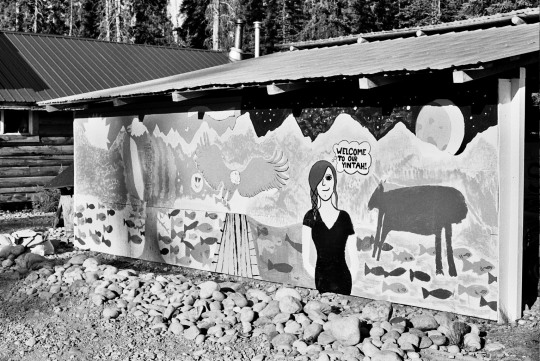
While the Unist’ot’en and their supporters have successfully stopped industry, such as the Enbridge pipeline from entering their territory, the work of defending land, water and life is far from done. Coastal Gas Link and Pacific Trails Pipeline still lie in waiting to enter illegally onto territories never ceded by the Unist’ot’en to the equally illegal occupier canada. Moving forward into Healing the Land and Healing the People means growing support for Indigenous lead movements and resistance across all lands and waters. The Unist’ot’en need the ongoing support of all peoples living on the unceded lands of Turtle Island to resource the work they are doing; the work to revitalize their culture, bring their peoples back to the land to heal and the work Freda and her family are doing to teach and support other Indigenous communities defending their lands.
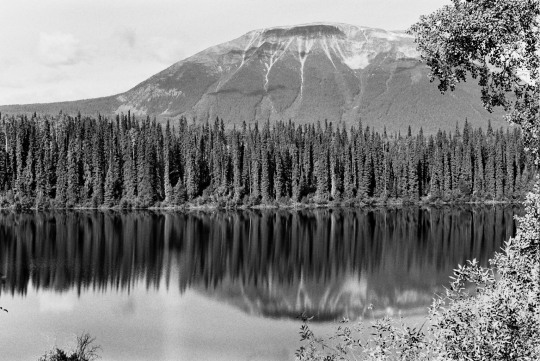
Undoing the many violences of 150 years of colonialism is the most crucial work of out time and we are all needed and all capable of rising to the occasion.
There are many ways you can support the work of Freda and the Unist’ot’en:
Volunteer your time on the land.
Hold a fundraiser or make a donation.
Sign up in September to become a monthly contributor! (coming soon contact unistotendonor@gmail.com for more info!)
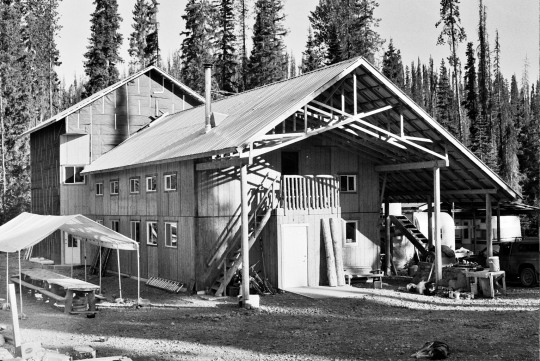
My friend Destiny Michell speaking on Lkwungen Territory about her experiences as a Youth doing protocol and hiking on her Yintah (territory) Talbits Kwa. Destiny is in grade 7 this year and preparing to be a Hereditary Chief of the Unist’ot’en Clan of the Wet’suwet’en Nation. She is protecting the land now for herself and her future generations.
<3 Such a pleasure to interview Destiny last summer and always such a gift to spend time with her, Destiny you bring nourishment to the hearth of my heart!
https://www.voicesfrontlines.com/my-friend-destiny-michell-speaking-on-lkwungen/
The Hereditary Chief’s of the Unist’ot’en, Freda Huson, spokesperson of the Unist’ot’en, and Freda’s niece Destiny, future Hereditary Chief stopped on Lkwungen Territories during their speaking tour.
https://www.voicesfrontlines.com/the-hereditary-chiefs-of-the-unistoten-freda-2/
Even though [as land defenders through out so-called BC] we might not physically be there all the time
with each other we know we’re all in it together. We know that we’re fighting the same fight
and that we’re fighting for freedom.
We’re not fighting to save one area from one pipeline, we’re not
fighting to save one thing, like a lake or the ocean, we’re all fighting for
freedom from colonization. We’re
fighting to live as sovereign people, to be connected to our lands, to have
healthy families, to have healthy Nations. That’s what we’re fighting for. We know that healthy lands are essential to
our existence. It feels really good to
know that we’re not alone.
-Molly Wickham
Molly Wickham is a Wet’suwet’en land defender, mother and hunter from
the Gitemden clan’s Spookw house. She lives with her husband and two
children at Lhudis Bin, “The Lake Way Out There,” a place where her
ancestors and elders lived, hunted, gathered medicine and fished.
Lhudis Bin was the planned site for a tailings pond that would hold
chemicals from mining operations on Nanika Mountain, a project that has
never moved forward. Through her work with the Life School and
leadership with the Wet’suwet’en drum group Molly shares stories of
resistance with the next generation, passes on skills and creates the
songs that will tell the stories of these times.
Learn more about the Life School at the Cedars R.I.S.E Society.
Donations and offers of support can be made to ror.wickham@gmail.com
And cheques can be sent via snail mail to Box 3664 Smithers BC V0J 2N0
https://www.voicesfrontlines.com/even-though-as-land-defenders-through-out/
I think that we have so much to gain from living on our
territories and living the way our ancestors did. That is why they were so strong. That is why
they were so smart and so strong physically and mentally and spiritually. We need it, not only do we need it, but we’re
gonna be an even bigger force to be reckoned with when more of our people gain
that strength.
We can’t be Wet’suwet’en if we don’t have the Wet’suwet’en
lands.
-Molly Wickham
Molly Wickham is a Wet’suwet’en land defender, mother and hunter from the Gitemden clan’s Spookw house. She lives with her husband and two children at Lhudis Bin, “The Lake Way Out There,” a place where her ancestors and elders lived, hunted, gathered medicine and fished. Lhudis Bin was the planned site for a tailings pond that would hold chemicals from mining operations on Nanika Mountain, a project that has never moved forward. Through her work with the Life School and leadership with the Wet’suwet’en drum group Molly shares stories of resistance with the next generation, passes on skills and creates the songs that will tell the stories of these times.
Learn more about the Life School at the Cedars R.I.S.E Society.
Donations and offers of support can be made to ror.wickham@gmail.com
And cheques can be sent via snail mail to Box 3664 Smithers BC V0J 2N0
https://www.voicesfrontlines.com/i-think-that-we-have-so-much-to-gain-from-living/

Time does not make its way through our lives in a linear movement and so we begin our updates with the winding down of the work on the Youth Art Mural. The mural painting was part of the Unist’ot’en’s first Youth Art Camp and we took a rare quiet opportunity to visit Molly Wickham and her family at their home on Gitemden Territory.
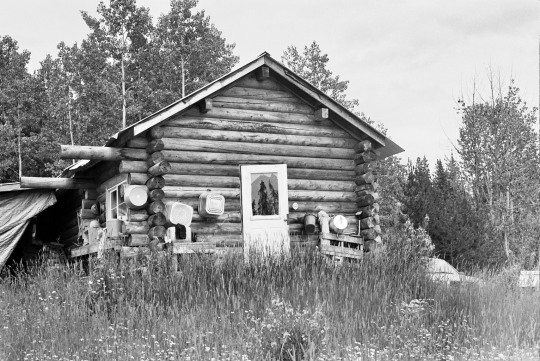
The territories of the Gitemden Clan of the Wet’suwet’en located next to that of the Unist’ot’en’s unceded Yintah of Talbits Kwa. Past sprawling lakes, fields of wild medicines, tangles of berries and painful clear cuts we made our way to Lhudis Bin meaning “The Lake Way Out There,” where Molly and her partner Cody with their two kids, Liam and Lily have made their home at the request of their Elders.

Lhudis Bin, the lake way out there, is located at the center of the Casyex House Territory, the Grizzly Bear House. It is a place where the Elders and the Ancestors once lived, where the earth hides caches and the hills grow medicine, the lake is home to Chard and the lands nourish Bear, Moose, Dear and Coyote. The waters of this lake are fed by the Nanika river, where Molly and her family get their drinking water from, which flows from the glacier of nearby Nanika Mountain. Nanika Mountain holds within her mineral deposits at risk of industrial extraction. If Nanika mountain were to be mined it would turn Lhudis Bin into a tailings pond. (The term “pond” can be a little misleading, as the structures can grow to be the size of Central Park.) Lhudis Bin is connected to Wetzin Bin, which drains into Wetzin’kwa, where Freda and everyone at the Unist’ot’en camp get their drinking water, which is connected to the Bulkley and eventually to the Skeena and on to the sea.
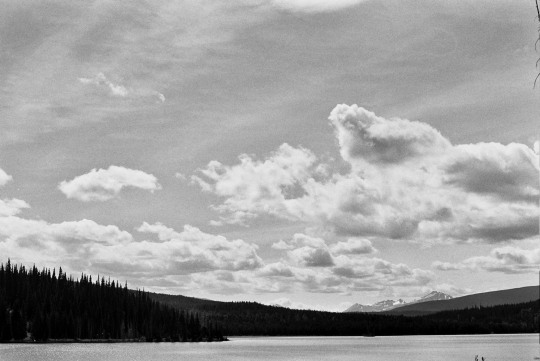
Molly, Cody and their son Liam began living on their territory and in close relationship to the land as defenders and caretakers in 2012. This has ensured that a proposed ‘sling site’, where materials and workers for the proposed pipelines on Unist’ot’en territory would be brought in, has not been established. Returning to their territory has not only created the possibility for the land to heal from years of colonial devastation through logging it has also made it possible for the growth of the Life School.
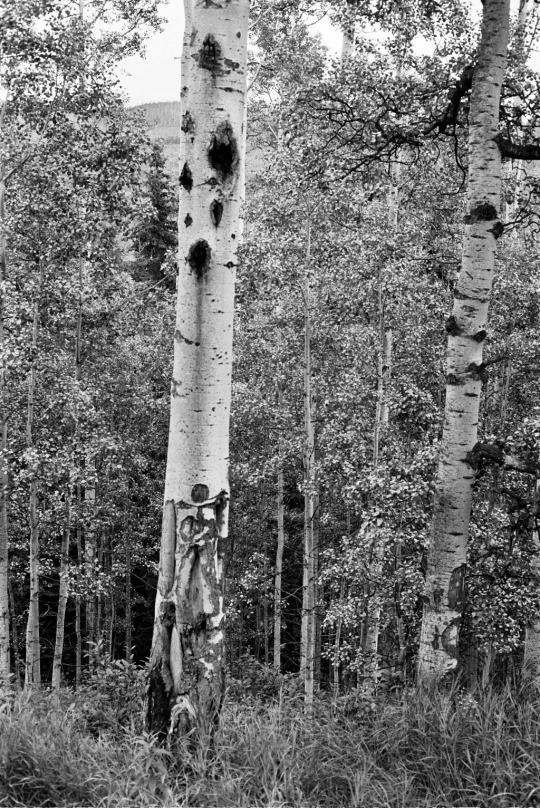
The Life School is an initiative of grass roots Indigenous families raising their children decolonized, in relationship to the land, and learning their own histories of resistance instead of the assimilation fed to youth in colonial public education institutions. Seasonally these families come together to offer support to one another, share skills, put away food and connect their children with other kids like them.
“Really we’re just living Indigenous lives, we’re
living an Indigenous existence and that’s the education that we want to be
giving our kids. We want to be able to
be out on the land with our kids and teaching them in an experiential way according to our own tradition.” -Molly Wickham
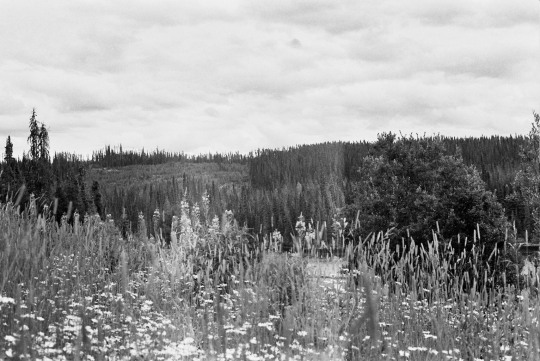
If you are interested in supporting Molly and the Life School’s work they are always in need of both monetary donations, assistance with grants, and support approaching businesses for in kind donations in order to make their seasonal gatherings possible.
You can learn more about their work at the Cedars R.I.S.E Society.
Donations and offers of support can be made to ror.wickham@gmail.com
And cheques can be sent via snail mail to Box 3664 Smithers BC V0J 2N0
If you have questions feel free to contact us.
xo beyon and wulfgang <3
https://www.voicesfrontlines.com/time-does-not-make-its-way-through-our-lives-in-a/
